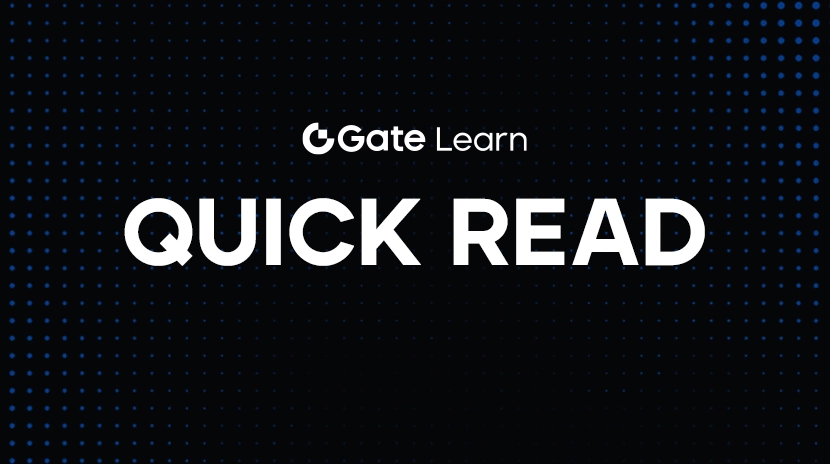Orbiter Finance: Улучшение масштабируемости Ethereum с технологией нулевого знания
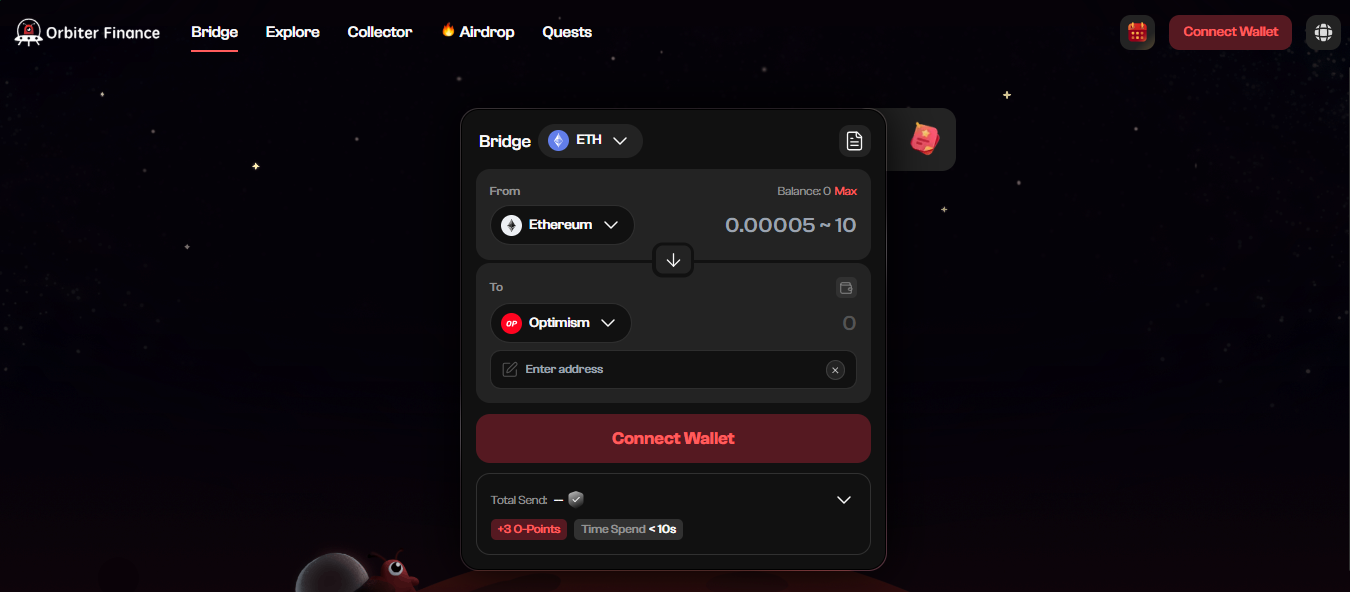
Источник изображения: https://orbiter.finance/Пожалуйста, введите текст для перевода.
Ethereum, ведущая блокчейн-платформа, сталкивается с проблемами масштабируемости, такими как высокие комиссии за газ и ограниченная пропускная способность транзакций. Однако Orbiter Finance решает эти проблемы, позволяя осуществлять кросс-роллап-транзакции Ethereum и Bitcoin нативных активов в надежном и безопасном режиме. Используя доказательства с нулевым разглашением и поддерживая несколько сетей, Orbiter Finance улучшает масштабируемость экосистемы Ethereum, предлагая при этом недорогие, быстрые и безопасные транзакции между цепями.
В этой статье мы рассмотрим, как Orbiter Finance изменяет ландшафт масштабируемости Ethereum и что он предлагает пользователям и разработчикам.
Введение в Orbiter Finance
Orbiter Finance - это децентрализованный мост между различными rollup-решениями, который обеспечивает плавный перевод собственных активов Ethereum и Bitcoin через несколько rollups и цепочек. Он поддерживает различные блокчейн-сети, включая zkSync Era, zkSync Lite, Linea, Mantle, Base, StarkNet, opBNB, Scroll, Arbitrum, Arbitrum Nova, Loopring, Optimism, Polygon, Polygon zkEVM, BNB Chain, Zora, ImmutableX, BOB, BEVM, Bitlayer и BSquared. Интегрируя технологию нулевого разглашения (ZK), Orbiter Finance обеспечивает масштабируемый и безопасный метод облегчения кросс-цепных транзакций между этими сетями.
С помощью Orbiter Finance пользователи могут наслаждаться более быстрыми транзакциями, низкими комиссиями и повышенной безопасностью, что делает его идеальным решением для пользователей, стремящихся расширить свое участие в Ethereum и других блокчейн-экосистемах.
Основные особенности Orbiter Finance
Безопасные транзакции Cross-Rollup
Orbiter Finance гарантирует безопасность транзакций, используя rollups. Rollups синхронизируют свои данные с основной сетью, обеспечивая безопасность и доверие к транзакциям между rollups. Эта система минимизирует риски, связанные с передачей активов между различными сетями, предоставляя пользователям безопасную и надежную платформу для кросс-чейн транзакций.
Платформа получает выгоду от встроенных в роллапы механизмов безопасности, которые способствуют доверительной среде для всех участников. Используя роллапы, Orbiter Finance гарантирует, что пользователи могут осуществлять транзакции с уверенностью, зная, что их активы защищены на поддерживаемых цепях.
Совместимость с несколькими сетями
Одной из выдающихся особенностей Orbiter Finance является его совместимость с различными сетями уровня 2 (L2) и уровня 3 (L3), а также EVM rollups, validium и Dapp-специфическими rollups. Этот широкий спектр поддерживаемых сетей обеспечивает возможность проведения кросс-чейн транзакций с различными активами в экосистемах Ethereum и не-Ethereum. Независимо от того, используете ли вы zkSync, Arbitrum или Polygon, Orbiter Finance предлагает гибкость и удобство для всех типов пользователей блокчейна.
Этот уровень совместимости делает Orbiter Finance универсальной платформой, привлекательной для разработчиков и пользователей, которые требуют бесшовного взаимодействия на различных блокчейн-сетях.
Скорость: Транзакции в секундах
Orbiter Finance предлагает исключительную скорость транзакций. Переводы между двумя внешними управляемыми счетами (EOA) могут быть завершены всего за 10-20 секунд, что делает его одним из самых быстрых мостов между роллапами. Эта возможность транзакций высокой скорости обеспечивает возможность быстрых переводов пользователям, избегая задержек и времени ожидания, обычно связанных с традиционными транзакциями в блокчейне.
Способность платформы обрабатывать быстрые транзакции обеспечивает ее конкурентоспособность, особенно в средах, где скорость имеет решающее значение для торговли, управления активами и взаимодействия с dApp.
Эффективность затрат: Низкие сетевые комиссии
Orbiter Finance выделяется своей экономичностью. Он предлагает самые низкие основные сетевые издержки, которые являются суммой газовых издержек для транзакций между двумя ЭОА на обоих сетях источника и назначения. Orbiter Finance редко сталкивается с ситуацией, когда другие решения более доступны, что делает его привлекательным вариантом для пользователей, стремящихся минимизировать издержки на транзакции.
Предоставляя эту низкую структуру, Orbiter Finance помогает снизить барьер входа для пользователей и обеспечивает доступность и доступность блокчейн-транзакций.
Открытость и настраиваемость для разработчиков
Orbiter Finance стремится к открытости, обеспечивая децентрализованное добавление ликвидности токенов ERC20. Эта функция позволяет разработчикам создавать настраиваемые транзакции и сообщения о событиях между роллапами, используя SPV (упрощенное подтверждение платежей). Возможность настройки этих транзакций предоставляет разработчикам большую гибкость, что позволяет им настраивать платформу в соответствии с их конкретными потребностями и сценариями использования.
Эта открытая среда способствует инновациям и стимулирует разработчиков строить свои проекты на платформе Orbiter Finance, способствуя развитию децентрализованной экосистемы.
Доверительная и децентрализованная платформа
Обязательство Orbiter Finance по отсутствию доверия проявляется в его децентрализованном фронт-энде инцентивов, который позволяет сторонним децентрализованным приложениям (DApps) устанавливать совместимые интерфейсы фронт-энда с протоколом моста между роллапами. Такой подход устраняет необходимость в доверенных посредниках, обеспечивая выполнение транзакций в полностью децентрализованном режиме.
Приоритизируя бездоверие, Orbiter Finance обеспечивает, чтобы пользователи имели полный контроль над своими транзакциями, способствуя прозрачности и децентрализации.
Токен финансов Orbiter (OBT)
Orbiter Finance также имеет собственный токен, Orbiter Finance Token (OBT). Этот токен используется для обеспечения работы платформы, поощрения участников сети и облегчения транзакций между роллапами. По мере роста спроса на эффективные решения масштабирования Ethereum, токен OBT становится все более ценным активом в экосистеме Orbiter.
Вы можете отслеживать рыночную динамику OBT на Gate.com, ведущей бирже:Orbiter Finance на Gate.com
Поддерживаемые цепочки и межцепочные транзакции
Совместимость Orbiter Finance с широким спектром блокчейн-сетей является одной из его наиболее привлекательных особенностей. Пользователи могут перемещать активы по сетям Ethereum, zkSync, Polygon, Arbitrum, StarkNet, Optimism и многим другим, обеспечивая безопасный и эффективный перевод активов.
Децентрализованный мост между роллапами позволяет осуществлять доверительные и беспрепятственные транзакции между этими сетями, улучшая ликвидность и полезность активов Ethereum и Bitcoin в широком спектре блокчейн-экосистем. Будь то передача ETH между Polygon и Ethereum, или BTC между Arbitrum и Optimism, Orbiter Finance обеспечивает эффективность и экономичность процесса.
Для получения более подробной информации о поддерживаемых цепочках посетите официальную страницу Orbiter Finance:Цепи, поддерживаемые Orbiter Finance
Ресурсы разработчиков и вовлечение сообщества
Orbiter Finance также предлагает полный набор инструментов разработчика, включая REST API, JS SDK и виджет, которые позволяют разработчикам интегрировать транзакции между rollup в свои приложения. Репозиторий GitHub доступен для вкладов в open-source, поощряя сообщество вносить свой вклад в разработку новых функций и улучшений.
Для поддержки своего сообщества Orbiter Finance активно взаимодействует с пользователями и разработчиками через Discord, Twitter и Medium, предоставляя обновления, объявления и обсуждения о развитии платформы.
Узнайте больше о ресурсах для разработчиков и взаимодействии с сообществом:Документация Orbiter Finance
Последние события и планы на будущее
Orbiter Finance постоянно совершенствует свою платформу, чтобы удовлетворить растущий спрос на решения масштабируемости. Среди заметных недавних достижений - ускорение GPU Rapidsnark и постоянные улучшения технологии нулевого знания, на которой основана платформа. В будущем Orbiter Finance планирует расширить свою сеть и улучшить свои возможности межцепочечного взаимодействия, обеспечивая свою лидирующую позицию в области масштабируемости Ethereum.
Заключение
Orbiter Finance трансформирует масштабируемость Ethereum, предлагая безопасные, быстрые и экономичные транзакции между роллапами. Поддерживая широкий спектр сетей и придерживаясь принципов доверия и открытости, Orbiter Finance упрощает взаимодействие пользователей и разработчиков с Ethereum и другими блокчейн-экосистемами.
Будь то инвестор, разработчик или энтузиаст блокчейна, Orbiter Finance предлагает инструменты и гибкость, необходимые для процветания в быстро развивающемся мире масштабируемости Ethereum.
Похожие статьи
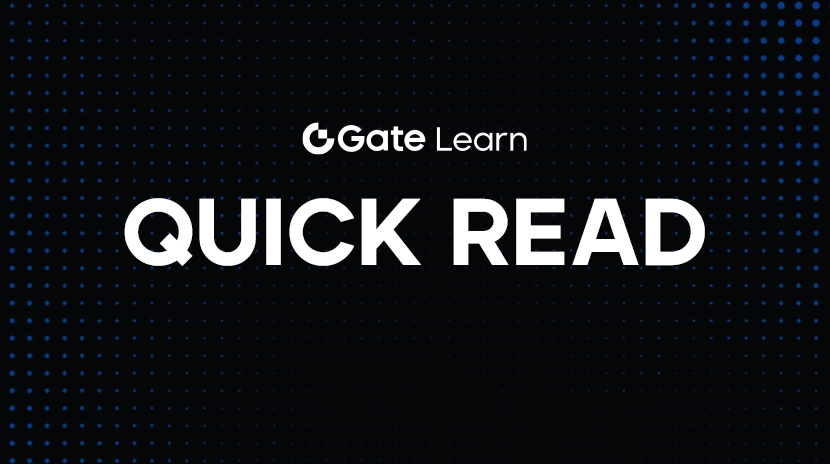
Как переводить средства с Binance безопасно и эффективно
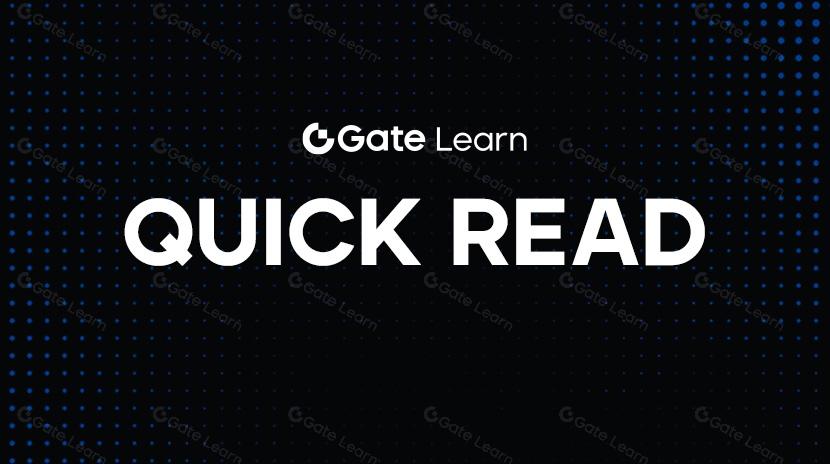
Понимание токена TRUMP в одной статье: Комплексный анализ токена $TRUMP
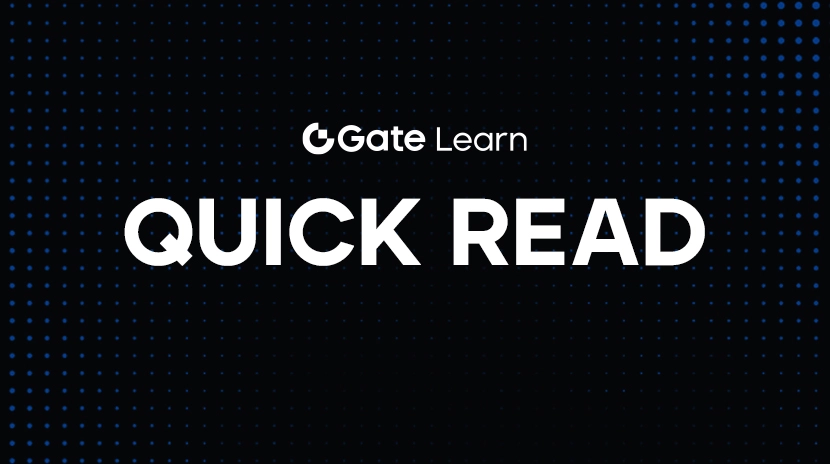
Как отследить транзакцию USDT BEP20?
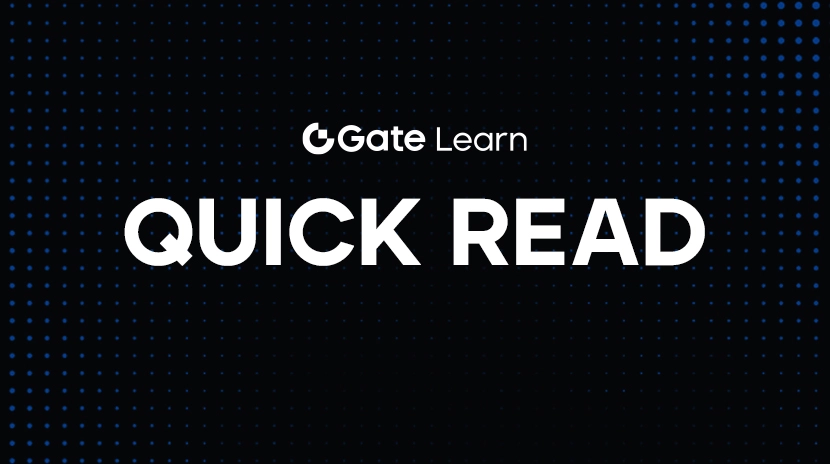
Сколько времени займет добыча 1 биткойна в 2025 году? Подробное руководство
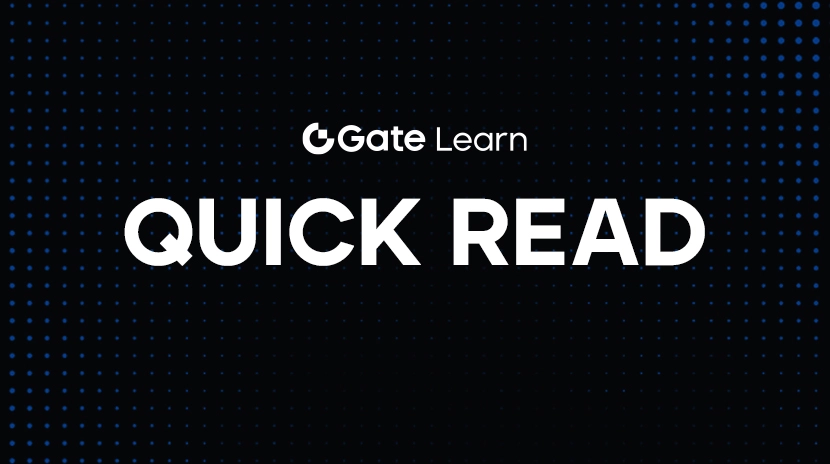
Что такое MELANIA: мем-монета на миллиард долларов, запущенная первой леди США
